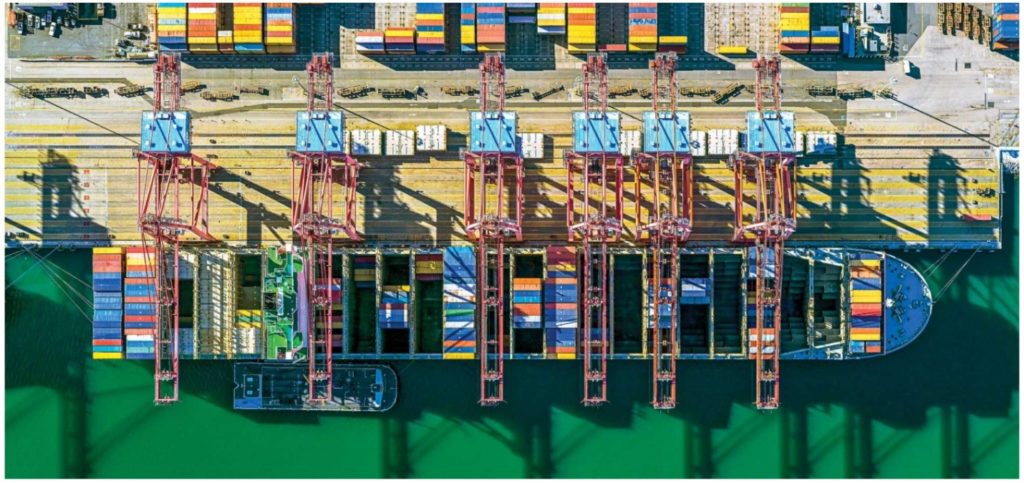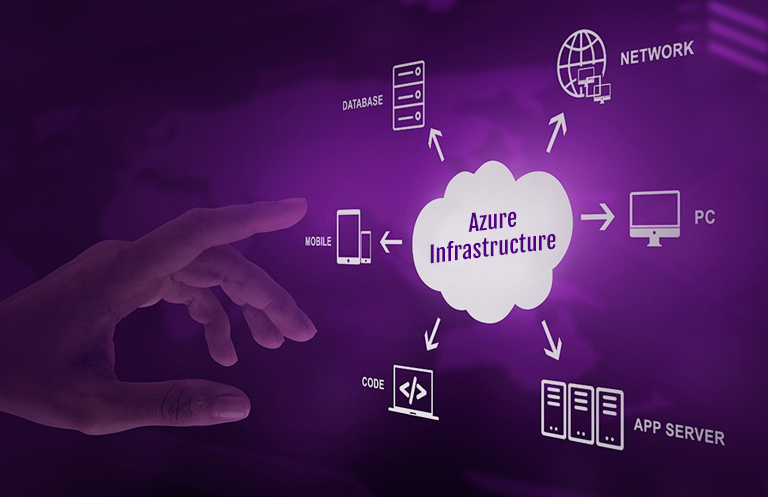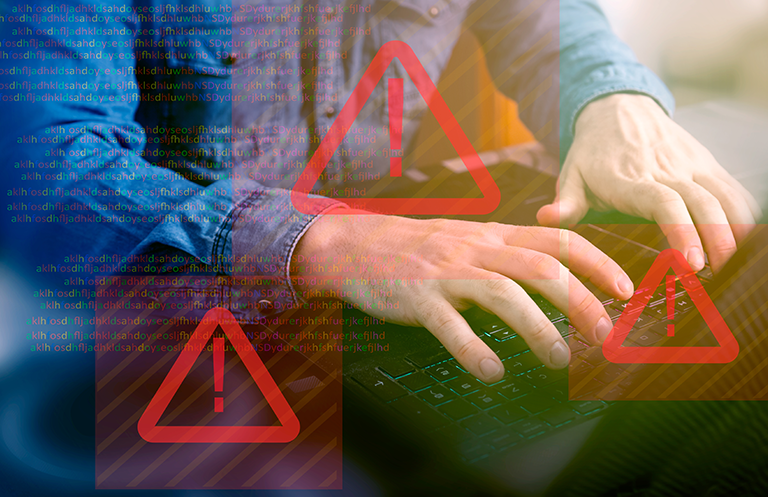Businesses across the globe, specifically those involved in the manufacturing and distribution of goods, have invested substantial time, energy, and resources to streamline and improve their supply chains.
Friction of any kind in a supply chain network can have cascading effects that adversely impact the entire business. For example, simple transactions can devolve into complex, multi-step procedures, resulting in higher logistical and distribution costs and a longer time to market.

What are the bottlenecks in the supply chain?
Supply networks have become significantly more complex with globalization. Regardless of the commodity, whether it is hard goods like electronics, appliances, heavy equipment, or soft goods like food items, clothes, and textiles, supply chains are rife with bottlenecks. For example, a large portion of global manufacturing happens in China, and the finished goods are shipped to various countries. This present setup makes it extremely difficult to identify and investigate inefficiencies and malpractices across the value chain.
So, is blockchain the answer?
The majority assume that blockchain, being a distributed, digital ledger, would primarily be used to track the movement of “money” (hence, cryptocurrency.) However, applications that require tracking, agreement/contract exchange, and payments can leverage blockchain to make transactions more transparent and secure.
The way blockchain ledgers store data is quite different from the way a regular database does. Instead, blockchain ledgers store data in silos, or blocks, with each block having a predetermined data storage capacity. Furthermore, each block is linked to the one next to it, resulting in a chain-like structure and hence the term, “blockchain.” Such a method of information decentralization makes blockchain highly efficient, scalable, safe, and transparent.
Supply chains may employ blockchain’s strengths to boost efficiency and transparency across the value chain, right from warehouse management, transportation and logistics, delivery and distribution, and finally to payments and invoice management.
How does blockchain revamp the supply chain?
Increased transparency and regulated access across the value chain are the two significant changes that blockchain technology is expected to bring to the existing supply chain structure. Every module in the supply chain being connected via the blockchain platform makes end-to-end (from production to distribution of goods) traceability simple by digitally storing inventory records in a decentralized manner. This increases visibility for both the businesses and the customers will go a long way toward plugging the unidentified losses improving cost-optimization for all stakeholders.
By storing data in individual blocks, blockchain enables businesses to ensure controlled access to information. To offer an example, if a manufacturing firm outsources a portion of its component-making process to a vendor, it can make the required data accessible to the vendor. Of course, blockchain may not be the panacea to all the supply chain problems, it holds enormous potential to enhance efficiency by replacing manual paper-based processes, improving traceability, and ensuring data privacy. These are some of the major factors for companies to adopt blockchain.
Every stakeholder across the supply chain need not access intricate data and information at each stage. For example in the shipping industry, details like demand, orders, capacities, prices, and margins are considered proprietary, and the supplier may not want to share it all with the shipping liner.
Should you join the bandwagon?
As the adoption of blockchain gathers momentum, businesses should keep an eye on their peers who have begun experimenting with blockchain. As more stakeholders across the SCM value chain adopt the technology, its benefits will become more apparent. Major organizations from different industry verticals have already started investing their resources in the gradual integration of blockchain into their existing supply chain infrastructure.
Walmart uses blockchain to track the origin and dispatch of the products sold at Walmart stores globally.
Ford motors has recently announced that it will use blockchain to trace cobalt supplies, a key ingredient in the batteries of Electric Vehicles (EVs).
Logistics behemoths, like UPS and FedEx, have revealed that blockchain is a breakthrough technology that would offer transparency and traceability to each of their shipments while also securing customer and cargo order information.
Final thoughts
To summarize, while the current supply chain framework is functional, it is plagued by numerous issues such as opaque traceability, complex compliance needs, data privacy and security, and financial transparency, all of which make the overall stakeholder management challenging. Integrating Blockchain in the supply chain network will address these issues by increasing accountability, facilitating a more seamless and transparent audit process, reducing redundant costs, and streamlining the entire distribution network, resulting in faster shipment order delivery times.
We, at eInfochips have been constantly following these evolving changes in supply chain management and have developed capabilities around them to help our clients improve efficiency, achieve incremental cost benefits, and add value to their customers with respect to an optimized delivery schedule of their shipment orders.
If you wish to know about our supply-chain offerings that are tailor-made to suit your business needs, please connect with us here.













